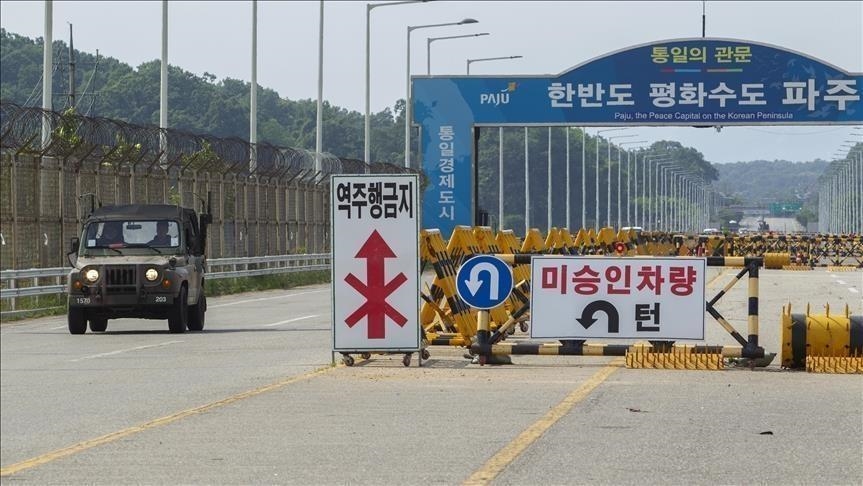Challenges persist for North Korean refugees in South Korea despite integration programs: Expert
North Koreans face a complex web of economic, social, and cultural issues in South Korea, Kim Sung Kyung tells Anadolu

ISTANBUL
North Korean refugees who fled to South Korea face a complex web of economic, social, and cultural challenges, despite official resettlement programs and citizenship guarantees, according to an academic.
While policies have improved since 2000, significant obstacles to integration remain, Kim Sung Kyung, associate director of the North Korea-South Korea Mind Integration Center, told Anadolu.
Kim emphasized the diverse motivations of North Koreans seeking refuge in the South. Some yearn for temporary work opportunities, while others seek permanent asylum and reunification with loved ones.
Despite the lack of official recognition between the two Koreas, South Koreans have always regarded those in the North as part of the Korean nation, Kim said.
The automatic inclusion of North Koreans in South Korean society upon arrival, post-migration investigations, and accent-related discrimination further complicate their integration journey, the academic at the University of North Korean Studies in Seoul said.
After the initial inspection process, she said, a three-month investigation ensues where the reasons and motivations behind the North Koreans' decision to cross into the South are scrutinized.
Intelligence teams assess their reliability before they are allocated state-provided housing and provided social assistance for five years, she added.
Social, cultural issues
The efforts of North Koreans to change their accent to avoid discrimination pointed out that despite improvements in state policies towards North Koreans since 2000, the social and cultural situation is not entirely favorable, she said.
Beyond policy improvements, Kim highlights persistent social and cultural challenges. Skepticism about North Koreans' political stances lingers among some South Koreans, while challenges in the South Korean education system, language preferences, job market competition, and lower wages for physical jobs add to the difficulties faced by North Korean refugees.
About the challenges North Koreans face in the South Korean education system, where English is predominantly used as a second language, she said that North Koreans usually opt for learning Russian or Chinese as their second language, making it difficult for them to learn English from scratch, impacting their ability to secure good jobs and receive education.
Also, despite physical jobs being more accessible, North Koreans tend to receive lower wages than their South Korean counterparts, she said, adding the government statistics indicate an average monthly wage of $2,000 for a North Korean, $400 less than that of a South Korean.
Despite economic and legal improvements, cultural discrimination remains a significant issue, Kim emphasized.
Integration efforts involve ongoing support from government agencies and non-profit organizations, often including educational programs aimed at fostering understanding and empathy among South Koreans, she said.
Kim also stressed the role of the South Korean government in enhancing economic conditions and legal status, particularly for socially isolated North Korean refugees.
She also challenged the often-generalized media portrayals of North Koreans, calling for a more nuanced and empathetic approach that recognizes the diversity of individual experiences and motivations.
Anadolu Agency website contains only a portion of the news stories offered to subscribers in the AA News Broadcasting System (HAS), and in summarized form. Please contact us for subscription options.







